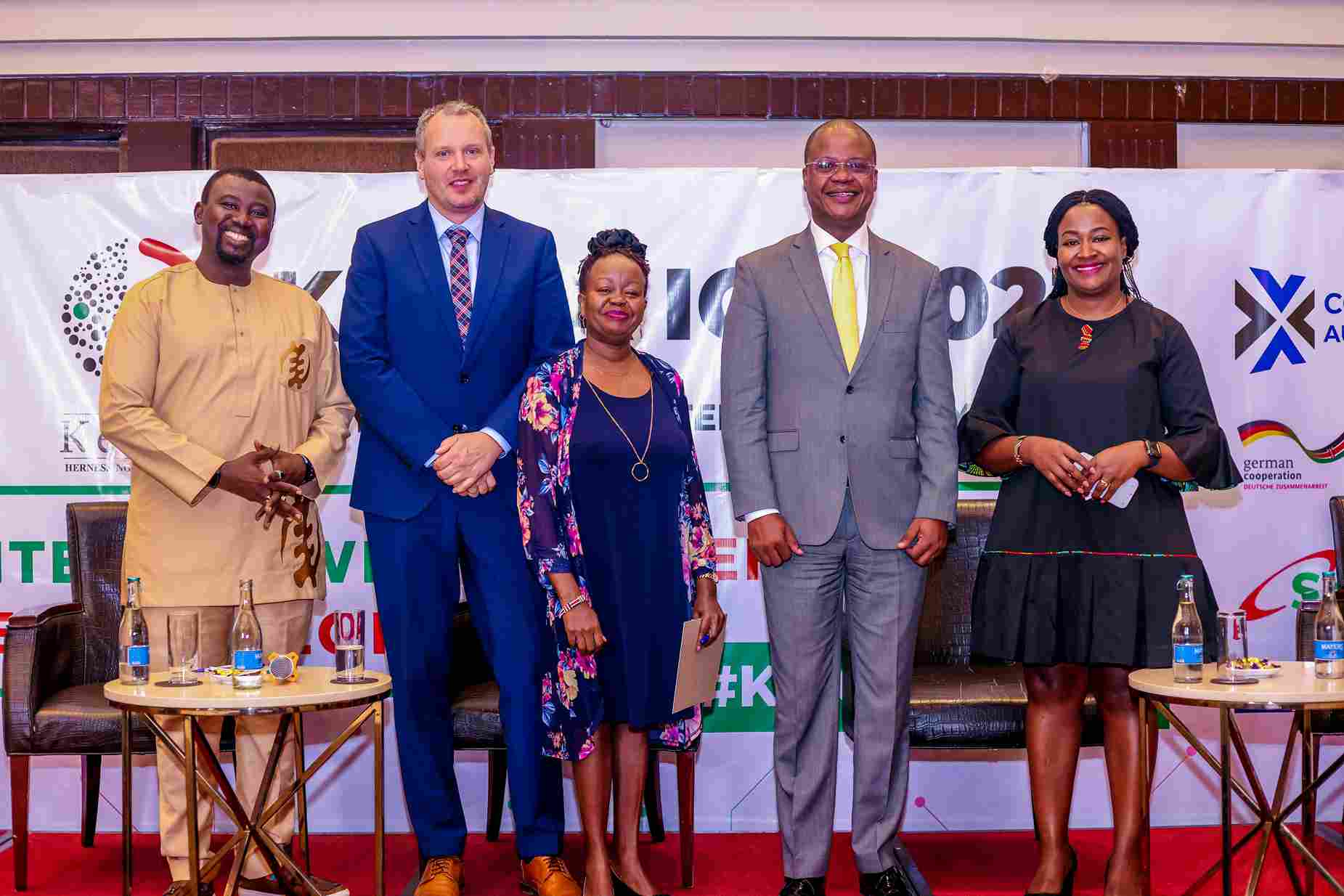The 16th Internet Governance Forum (IGF) discussions revolved around cybersecurity, data trust and governance, digital divides and inclusion, human rights and freedom, artificial intelligence, emerging technologies, and the digital economy.
In his opening speech at the Internet governance forum, KICTANet chairman of the board of trustees Ali Hussein praised KICTANet trustees and the Kenya IGF Multistakeholder Advisory Group (MAG), who have been instrumental in the successes of Kenya Internet Government Forum.
This forum is an opportunity for stakeholders to discuss the challenges of governance in Kenya and to explore how we can create a more inclusive and innovative digital future for this country and Africa.
Mr. Ali reiterated the role of Internet governance in protecting user rights and preventing hate speech. He spoke about how all of us have probably been victims of cyberbullying or know someone who has been a victim.
KICTANet’s Gender Program has continuously highlighted the issue of online violence and made efforts to curb the same. On cyber governance, he added that we must invest in cyber security and update current laws to provide adequate management for cyberspace.
What is the Vision?
Soon after, a C-Level Panel convened to discuss the event’s theme for a high-level view of what “The Internet We Want” means for Kenyan people and propose a vision and practical actions for the coming year.
Mercy Ndegwa, the Meta East and Horn of Africa Public Policy Director’s vision of the internet is that people have free access to information rather than restricted. People come together to communicate, engage with each other, and get the maximum opportunities the Internet offers. She also envisions one where there is a lot of collaboration to find solutions and a supportive policy regulatory framework from governments.
Dr. Vincent Ngundi, Director of Cybersecurity at the Communications Authority of Kenya, was on the team that organized the first IGF in 2006. While speaking at the high-level panel, he agreed with Mercy that there is a need to balance the regulations and the role of the private sector. He highlighted that UNESCO is taking a multistakeholder approach in developing guidelines for regulating digital platforms.
Bernd Lakemeier, the program director of sustainable economic development, employment, and digitalization at GIZ, says that the internet we want needs to be inclusive, affordable, free, and fair. He added that being free and fair does not mean there is no regulation. Lakemeier further stated that a productive use of the internet would involve creating jobs and being green and environmentally friendly.
‘Gbenga Sesan, the Executive Director of Paradigm Initiative, envisions one where all the stakeholders come to the table with unique perspectives, listen to each other, and no one conflicts opinions. This scenario is the true multistakeholder Internet governance vision for him.
Mr. Sesan’s second vision is of an internet that works for everyone. He said that In Africa, only 40% have meaningful internet connections—interruptions often mar connections, especially as you move away from urban areas.
He gave an example of when COVID hit, and some students missed out on education when schools started adopting e-learning. Others were fine with getting laptops and resuming lessons. This lack of privilege will contribute to a worrying digital divide in a decade. He added that this isn’t the internet we want.
Lastly, he wants an internet that empowers people and focuses on creating opportunities for the rights of citizens and not wasting resources on clampdowns and creating a climate of fear.
Dr. Vincent answered a question from the audience on whether the current regulations are strict or alright. He says Kenya’s laws are very liberal as they believe in their approach. Bernd Lakemeir believes that GIZ’s work in Kenya’s ICT sector will remain for quite some time because of the support from the ministry.
The Kenya IGF 2023 is a testament to Kenya’s commitment to internet governance.
![]()




